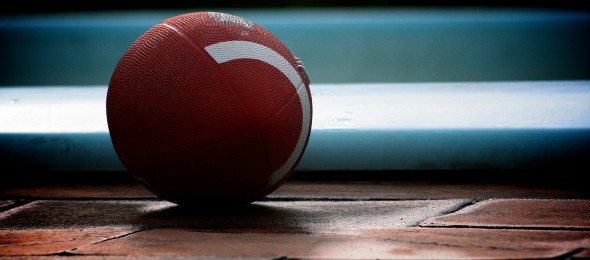The Second Circuit Court of Appeals has reversed a New York district judge’s order vacating an arbitrator’s decision. In National Football League Management Council et al. v. National Football League Players Association et al., No. 15-2801 (L), No. 15-2805 (CON), New England Patriots quarterback Tom Brady was suspended for four games after he was accused of participating in a scheme to cheat in a 2015 playoff game by deflating footballs to a level of pressure below that mandated by the National Football League (“NFL”). After receiving notice of the suspension, Brady requested arbitration before the NFL Commissioner pursuant to the terms of the players’ collective bargaining agreement. The Commissioner ultimately upheld Brady’s suspension.
Next, both parties requested judicial review before the Southern District of New York. The district court held that the suspension proceedings were fundamentally unfair and Brady was not provided with proper notice that his conduct was prohibited. As a result, the New York federal court vacated the NFL Commissioner’s arbitration decision.
On appeal to the United States Court of Appeals for the Second Circuit, a three-judge panel reversed the district court’s order. According to the appellate court:
The basic principle driving both our analysis and our conclusion is well established: a federal court’s review of labor arbitration awards is narrowly circumscribed and highly deferential—indeed, among the most deferential in the law. Our role is not to determine for ourselves whether Brady participated in a scheme to deflate footballs or whether the suspension imposed by the Commissioner should have been for three games or five games or none at all. Nor is it our role to second guess the arbitrator’s procedural rulings. Our obligation is limited to determining whether the arbitration proceedings and award met the minimum legal standards established by the Labor Management Relations Act, 29 U.S.C. § 141 et seq. (the “LMRA”). These standards do not require perfection in arbitration awards. Rather, they dictate that even if an arbitrator makes mistakes of fact or law, we may not disturb an award so long as he acted within the bounds of his bargained for authority.
After stating the arbitrator’s authority in the case was “especially broad,” the court examined the background in the case. In a 2-1 decision, the second circuit held:
We hold that the Commissioner properly exercised his broad discretion under the collective bargaining agreement and that his procedural rulings were properly grounded in that agreement and did not deprive Brady of fundamental fairness. Accordingly, we REVERSE the judgment of the district court and REMAND with instructions to confirm the award.
Chief Judge Katzmann dissented from the panel’s judgment in a separate written opinion. According to the dissent:
The Article 46 appeals process is designed to provide a check against the Commissioner’s otherwise unfettered authority to impose discipline for “conduct detrimental.” But the Commissioner’s murky explanation of Brady’s discipline undercuts the protections for which the NFLPA bargained on Brady’s, and others’, behalf. It is ironic that a process designed to ensure fairness to all players has been use unfairly against one player.
It is currently unknown whether Brady will pursue additional appellate review of the case. We would love to hear your thoughts on the Second Circuit’s decision.
Photo credit: Anderson Mancini via Foter.com / CC BY














